The Edge: A Conversation with Guy Rocourt
The Edge is a special video series presented by The Bluntness, featuring thought-provoking conversations with leaders and innovators throughout the cannabis industry.
In this episode, we were joined by Guy Rocourt, CEO and co-founder at small-batch, California-based edible brand Papa & Barkley. Rocourt made his way to cannabis from entertainment by way of advocacy, after being inspired by talk show host Montel Williams’s personal experience with the plant during the time they worked together.
After learning more about the medicinal properties cannabis possesses and the healing it is capable of, Rocourt leapt into the industry, working with dispensaries in Southern California for about 10 years before foraying into product design.
The Bluntness and Rocourt discussed solventless as the avenue for elite cannabis products, how the industry ties into the global sustainability movement, and Papa & Barkley’s Kitchen, their latest launch of hash- and rosin-infused edibles.
A Passion for Solventless Cannabis Products
Rocourt began to dabble in cannabis advocacy in the late ’90s – right around the time of the medical-only Prop 215 in California. His grow partner at the time had Crohn’s disease, which allowed Rocourt to witness firsthand how cannabis can medically benefit patients in need.
Pursuing this new passion, Rocourt launched himself into the cultivation sector of the industry, working with dispensaries throughout the state before learning how to make a vape pen formula in the early 2010s, where he found a lot of potential equipment partners were reluctant to get involved for insurance reasons
“Luckily for me, I met my partner at Papa & Barkley and had this a-ha moment. What really got the movement here and what got us through prohibition wasn’t these over-refined products, but things grown in grandma’s garden and made in grandma’s kitchen,” Rocourt said.
“And then I was like, wait, if I want to be making the best cannabis products, they have to be solventless. If I really want to be culturally relevant in cannabis and understand that it starts with the farmers and this is a plant-based medicine, solventless means the farmer had to do the right thing.”
In this case, the “right thing” is extracting cannabinoids and terpenes from cannabis flower without using chemical solvents, which was practically unheard of in the vape world in the 2010s.
“I’m not doing anything but taking the farmer’s magic and translating it. I should not be refining it or augmenting it, and that’s what solventless really means,” Rocourt said.
The Importance of Cannabis Education
Creating quality cannabis products is just part of the equation. Rocourt is also passionate about the need to provide safe cannabis access to all consumers, and he believes that education is king.
Sure, educating people on the beauty of solventless draws people to P&B products, he explains, however education is a core value at Papa & Barkley for much bigger reasons as well, namely spreading cannabis truth, destigmatizing, and expanding safe access.
“You can’t even tell a child ‘No,’ so what makes us think we can tell grown adults ‘No’? Every time we say the word ‘No’ as an ultimate solution, it does not work. The only thing that works is education,” Rocourt said.
“You educate people on the problems around guns or drug abuse, you hopefully get their buy-in and now you have a thoughtful solution to saying ‘No’ absolutely.”
Rocourt raises an excellent point. In fact, plenty of data around legalization has revealed that when cannabis is safely accessible, teenage abuse of the plant drops significantly.
This implies that when people are given access and education and are left to make their own decisions, they’ll be smart about it. However, say “No” without a fair or logical explanation, and it’s almost human nature for people to want to rebel against it.
“I'm blessed to be able to have an advocacy voice where I'm trying to steer and grow this emerging industry in the right way and also being able to provide safe access,” Rocourt adds. At Papa & Barkley our mission statement is unlocking the power of the plant to improve people's lives, and I’m happy to be doing that now.”
The Industry and The Global Consciousness Movement
As the industry unfolds and safe access increases, cannabis has unfortunately moved away from its spiritual origins and the lessons this plant can teach us. While this herb has been used for centuries for spiritual, religious, and holistic reasons, much of that history was obscured by prohibition and is subsequently forgotten by today’s society.
However, brands are getting a lot better at paying homage to cannabis’s past, from educating consumers on the spiritual ways it was utilized years ago to staying true to sungrown flower cultivated by legacy operators.
“The legacy and the establishment of this industry is going to be about changing the consciousness of people to a better end. The reason cannabis is feared and loved is that it does open your mind. It does encourage free thinking,” Rocourt said.
“So, if you want to be a provider of this magical plant, be ready to do it the right way, or be ready to be met with resistance. You need to make products that are in line with cannabis being a plant-based thing. Anything else is just a play for money and not sustainable, in my opinion.”
P&B Kitchen: Staying True to the Plant
Rocourt applies all of these values to Papa & Barkley’s menu, which has resulted in their latest offering: solventless hash gummies and rosin chocolates.
The new line was co-created by the brand’s in-house chocolatier, Jonah Ginsburg, and confectionist Lindsay Hurley.
While Papa & Barkley’s other products have addressed both the cannasseur and the CBD-only novice, P&B Kitchen aims to bridge the gap and find consumers who feel they aren’t accurately reflected in today’s market.
“P&B Kitchen is that middle ground for us: that lifestyle brand that is accessible to everybody, but it contains the values of its sister brands. Everything is solventless; everything is clean label; everything is fair trade; everything is in sustainable packaging,” Rocourt said.
“I would never try to mask the taste of cannabis. We’re trying to elevate the taste of cannabis.”
Rocourt compares cannabis to garlic. Many people will enjoy roasted garlic on its own, but as an additive to other ingredients in a dish, its possibilities are practically endless.
“That’s cannabis to us. It’s not a flavor to be obscured or masked – it’s a culinary additive, never mind medically efficacious. It puts turmeric to shame when we talk about inflammation,” Rocourt laughed.
“So, getting this product in our diet in all ratios is super important. That’s what Kitchen is about. We are going to create a premium line of edibles that have all those values of clean solventless good for your wellness. This is going to be medicine where you’re also eating every time you take it.”
To stay up to date on Papa & Barkley’s Kitchen and other company updates, follow the brand on Instagram.
Need a little more Bluntness in your life? Subscribe for our newsletter to stay in the loop.
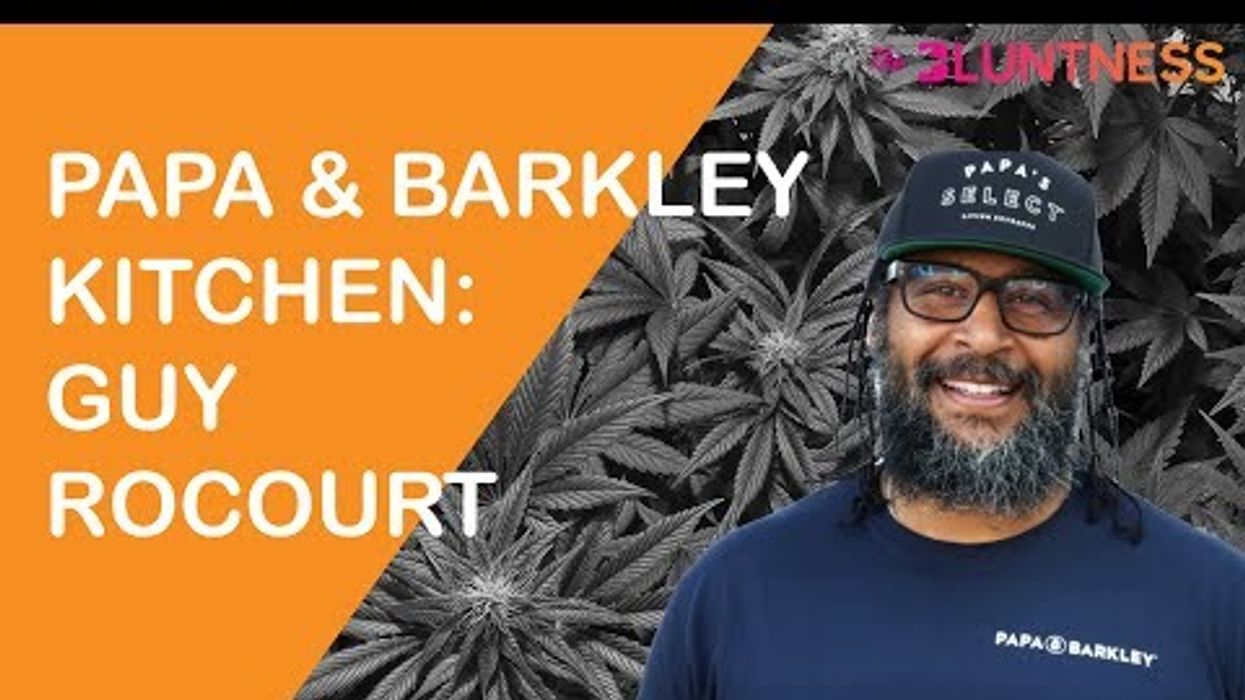

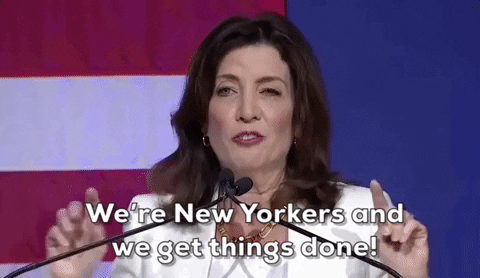
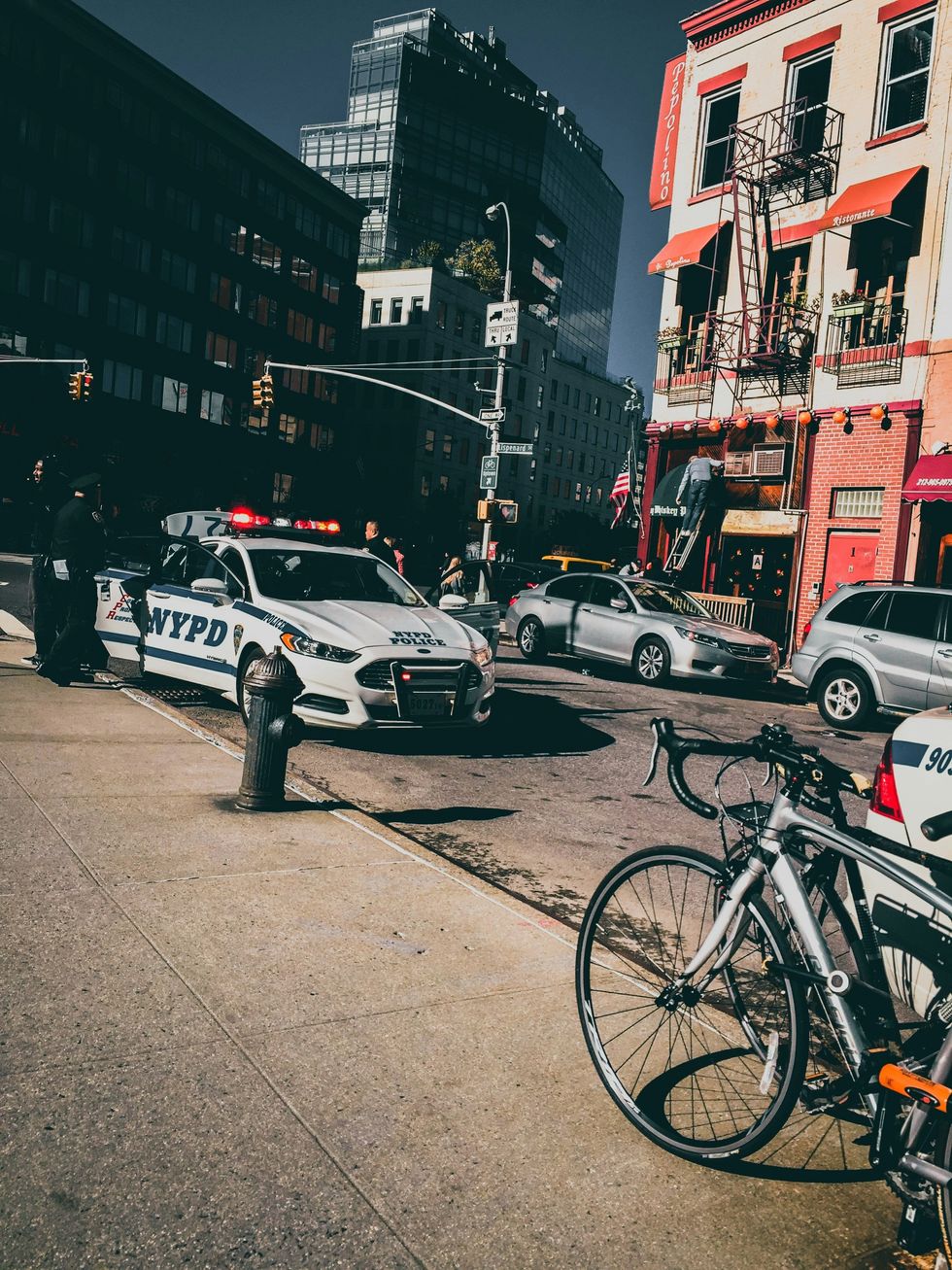 Why Gov. Hochul’s Cannabis Crackdown Stinks of Regression - The Bluntness
Photo by
Why Gov. Hochul’s Cannabis Crackdown Stinks of Regression - The Bluntness
Photo by 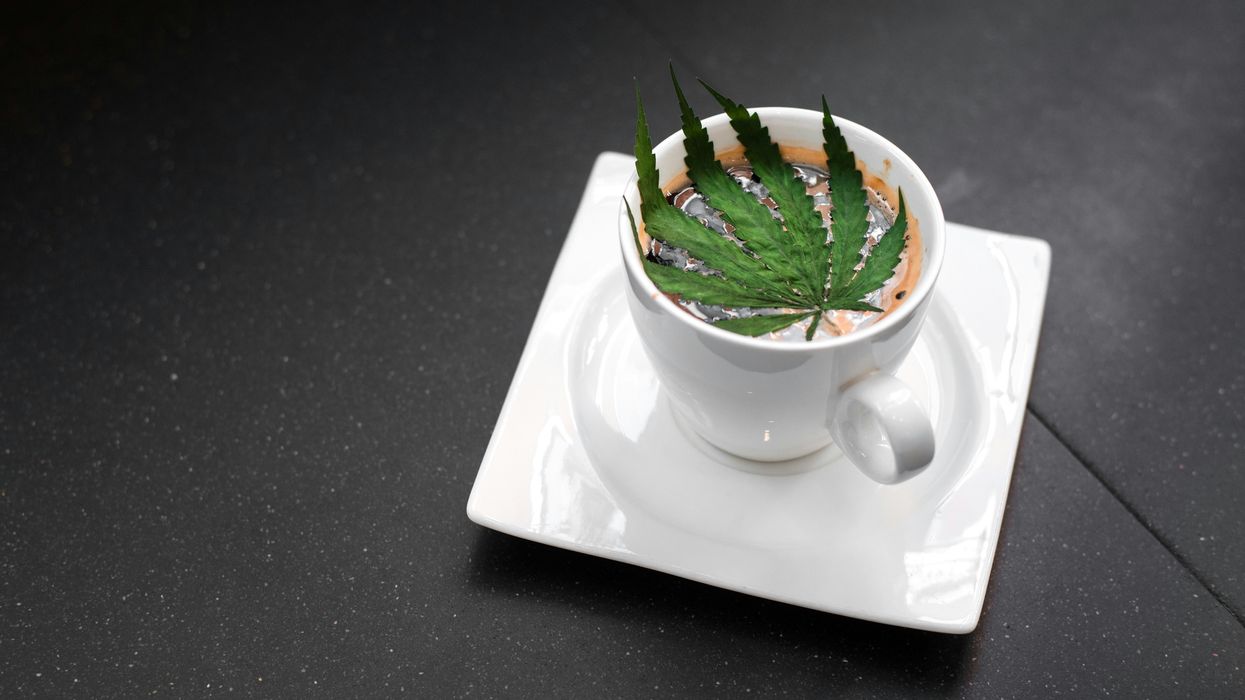
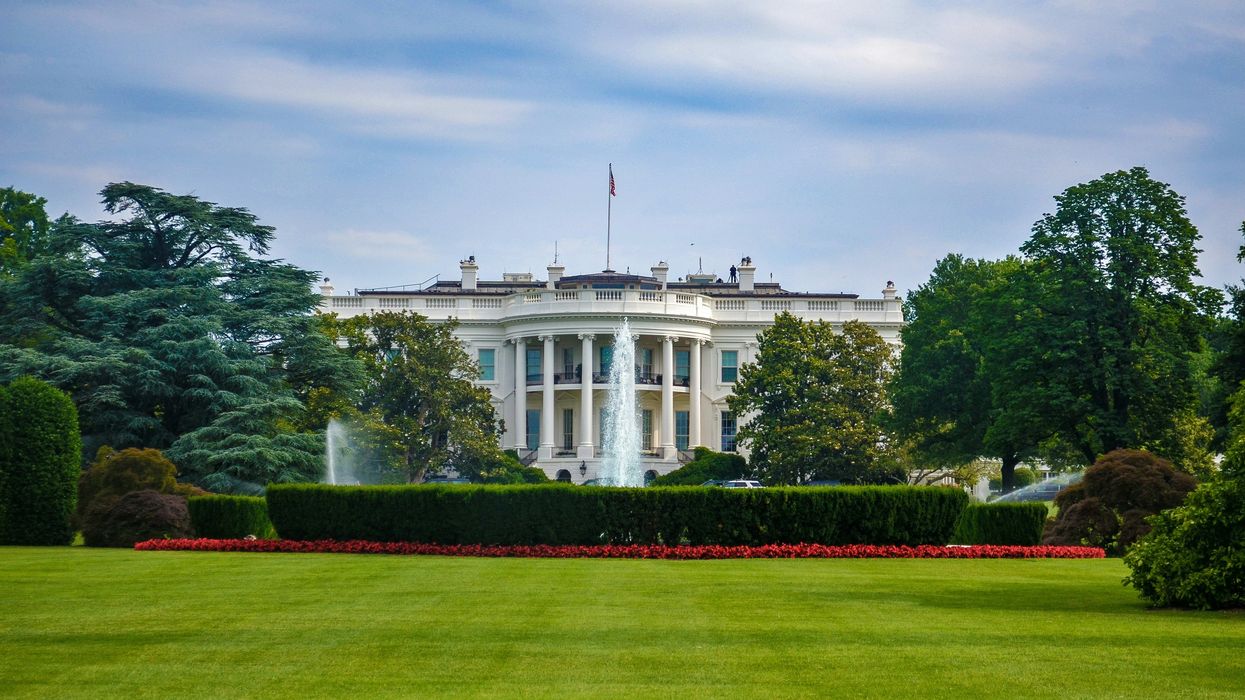
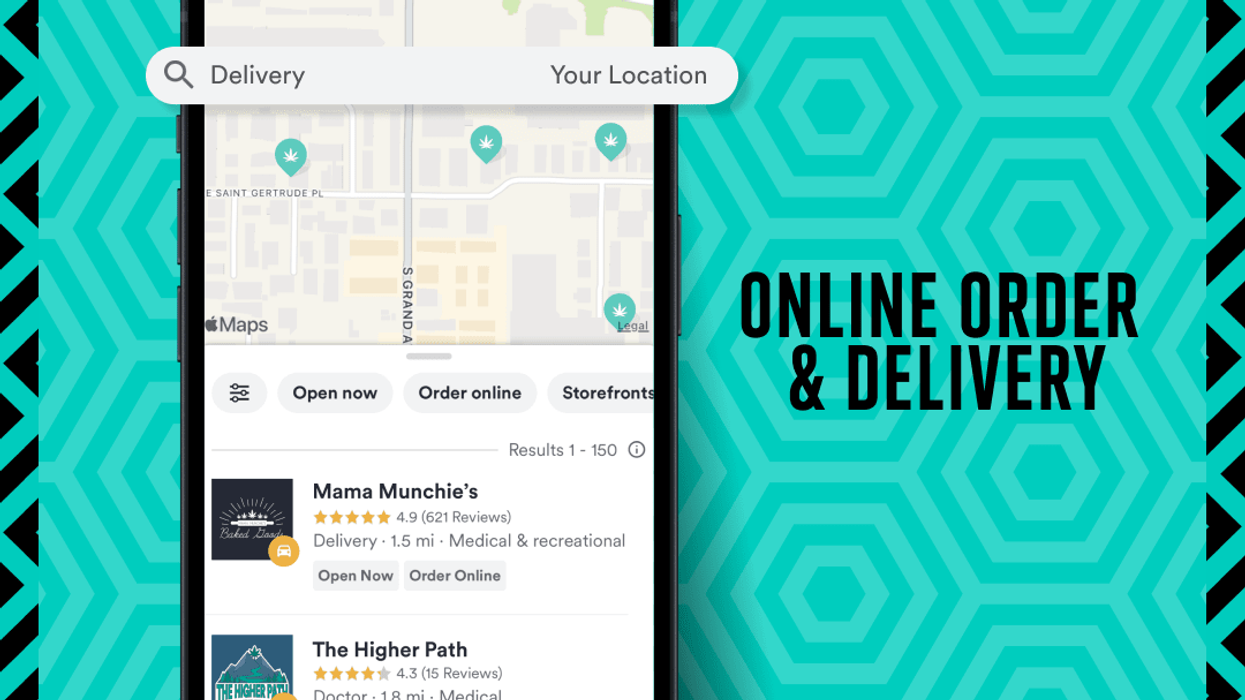
 Weedmaps: Educational Resources and Cannabis Advocacy
Weedmaps: Educational Resources and Cannabis Advocacy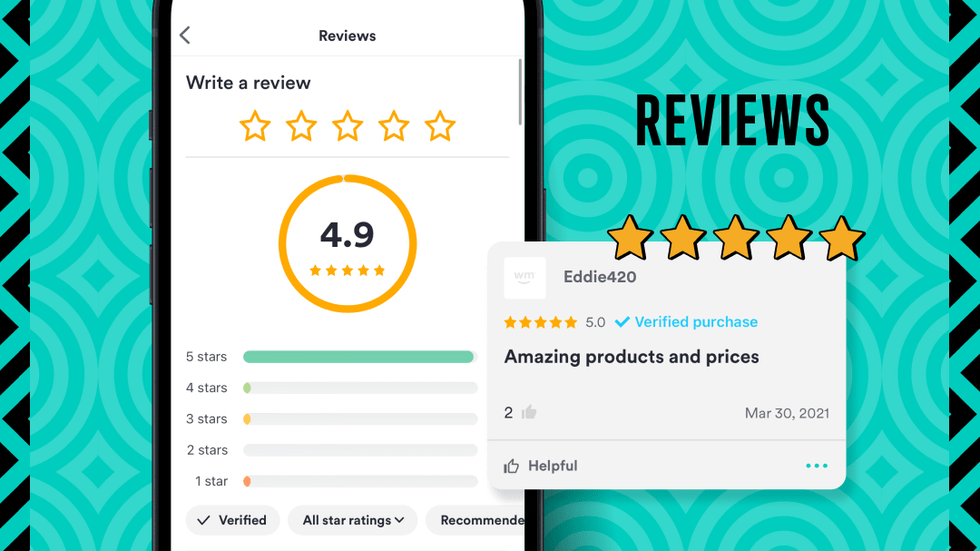 Weedmaps is enhancing how we access and interact with cannabis products
Weedmaps is enhancing how we access and interact with cannabis products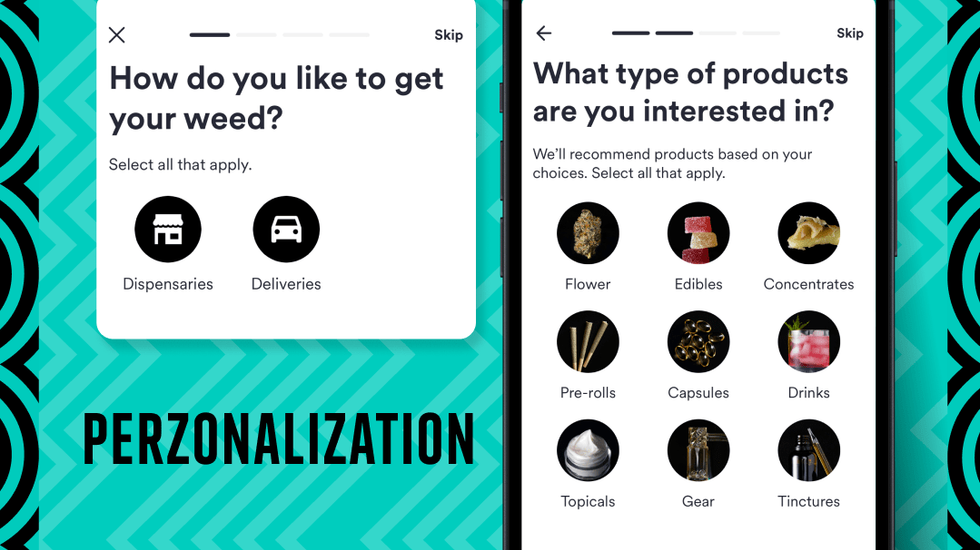 Weedmaps offers personalized recommendations that adapt to your preferences and history
Weedmaps offers personalized recommendations that adapt to your preferences and history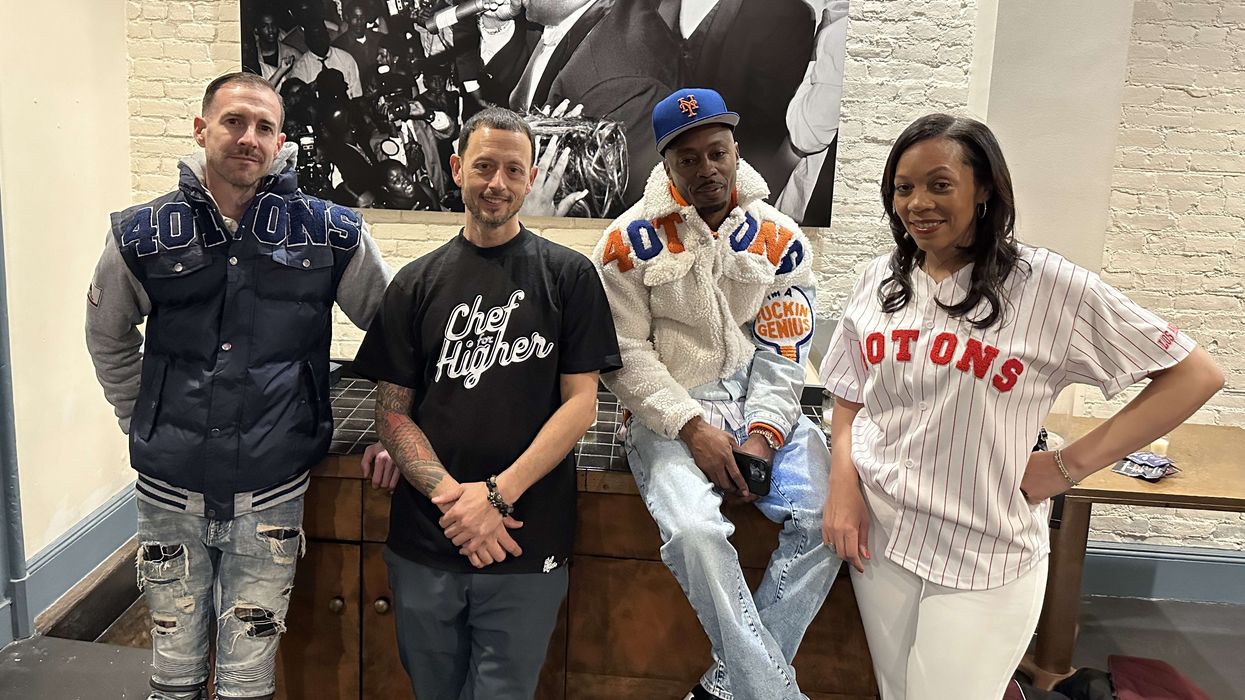
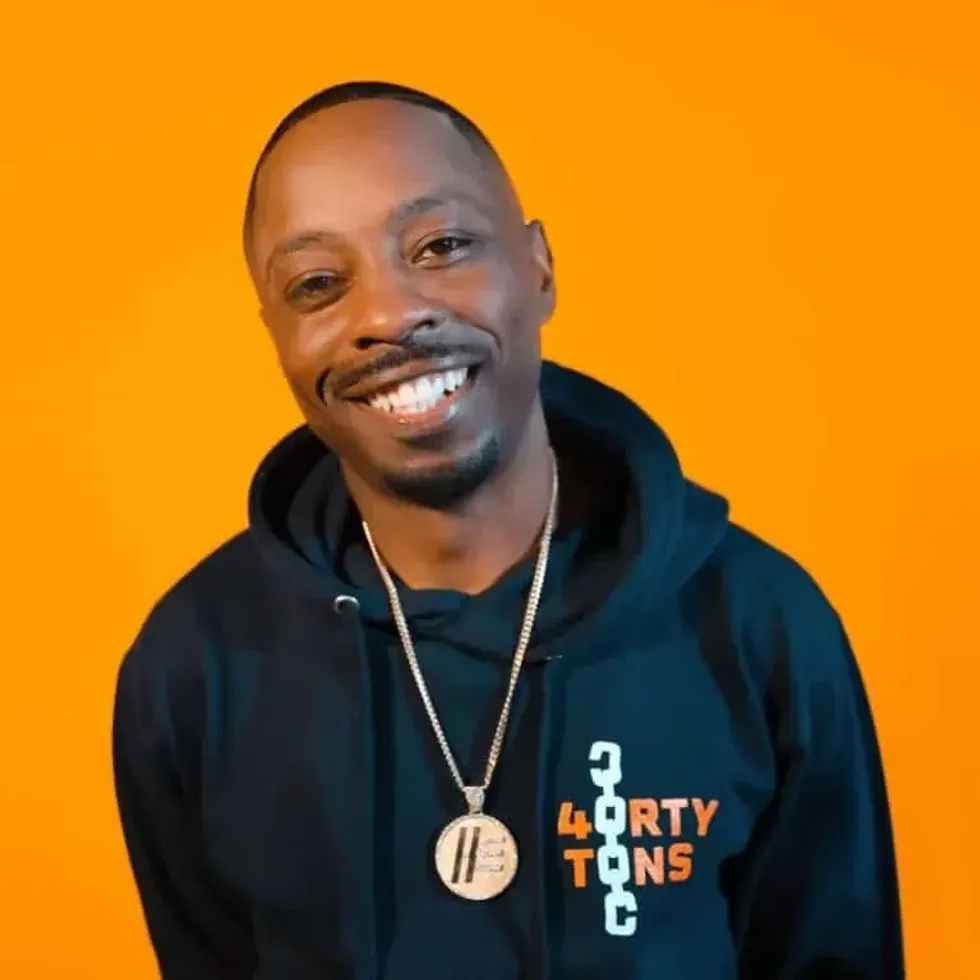 40 Tons' Co-Founder Corvain Cooper
40 Tons' Co-Founder Corvain Cooper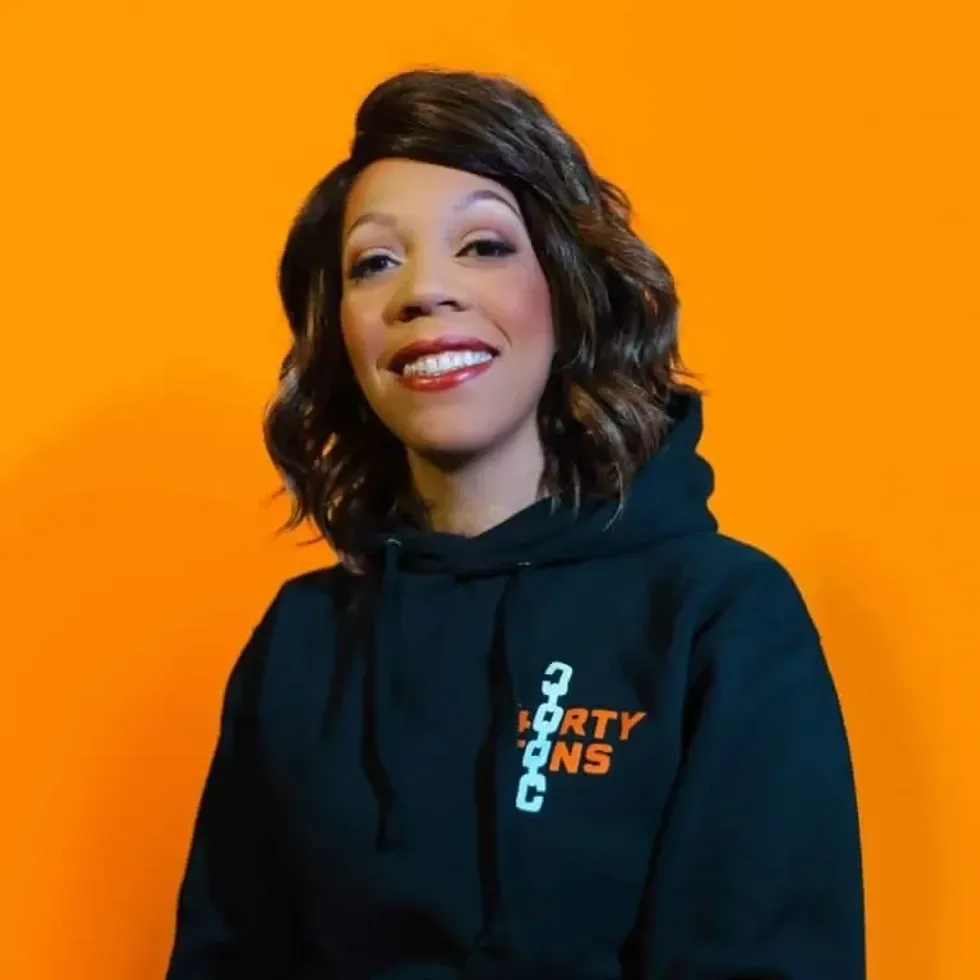 40 Tons' CEO Loriel Alegrete
40 Tons' CEO Loriel Alegrete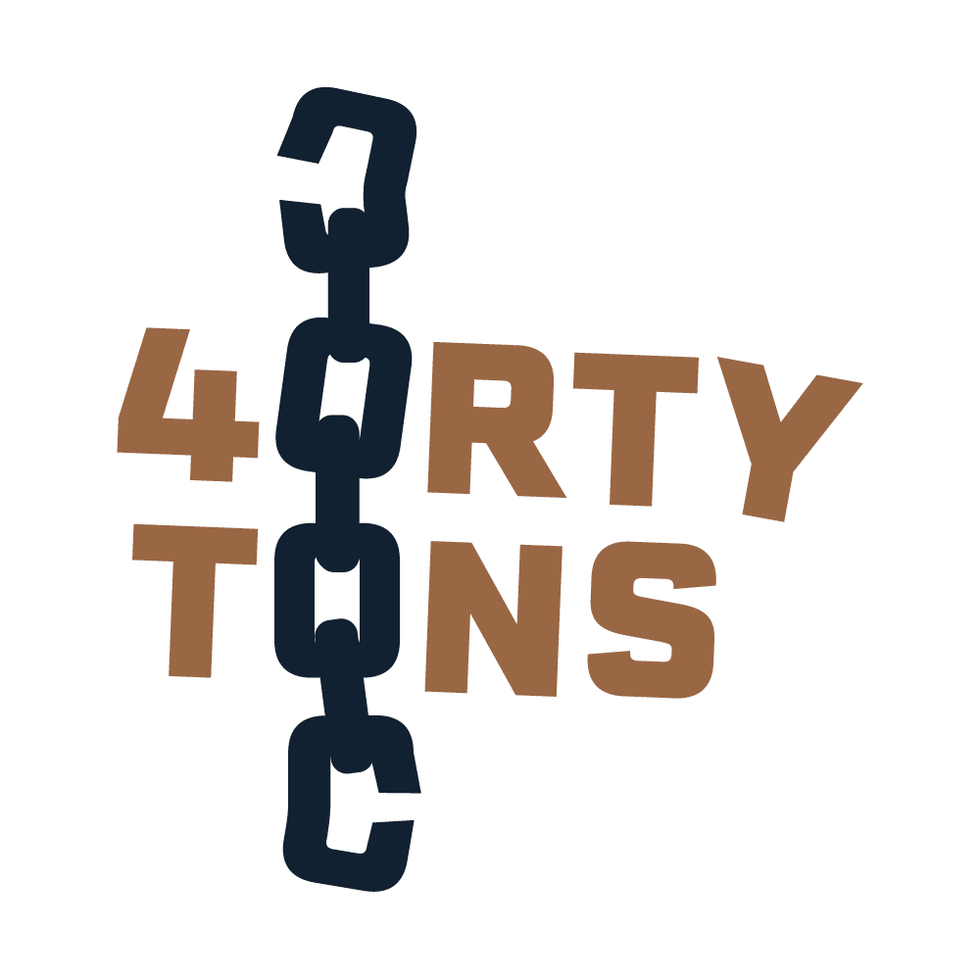 40 Tons Launches in New York
40 Tons Launches in New York










